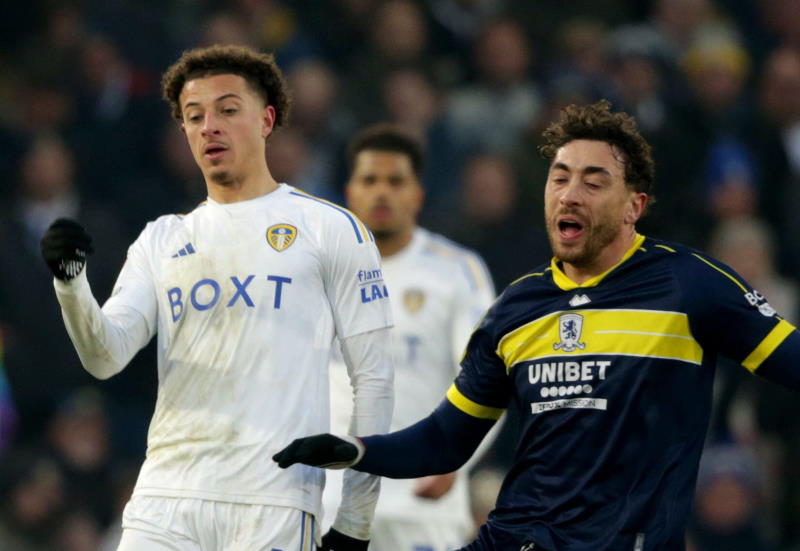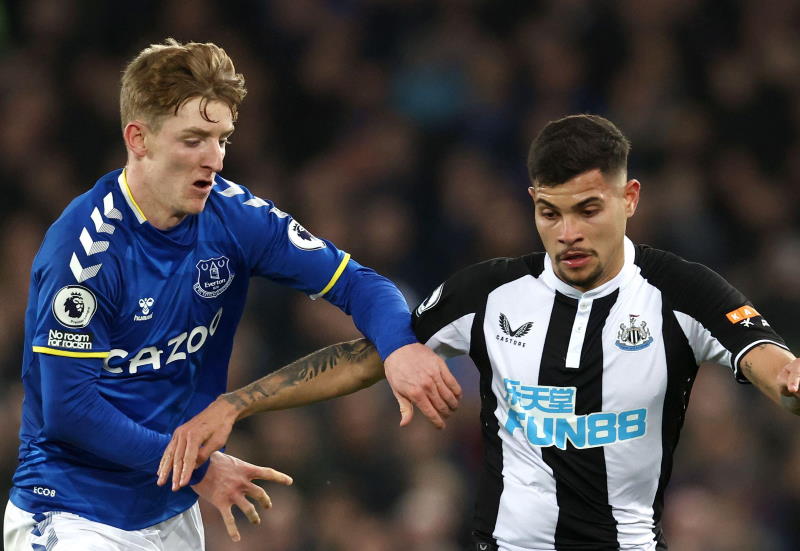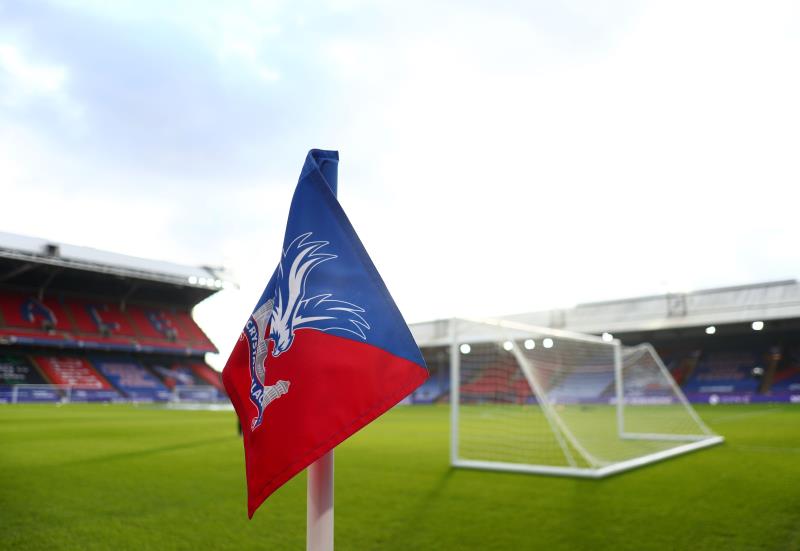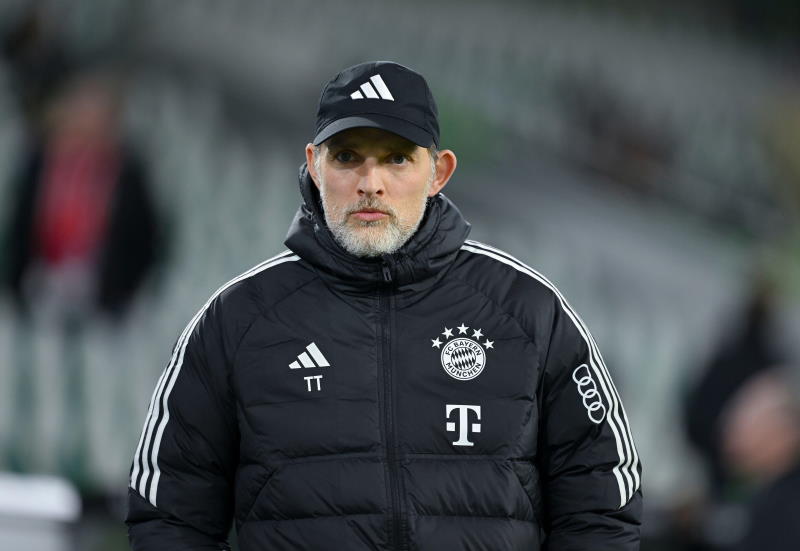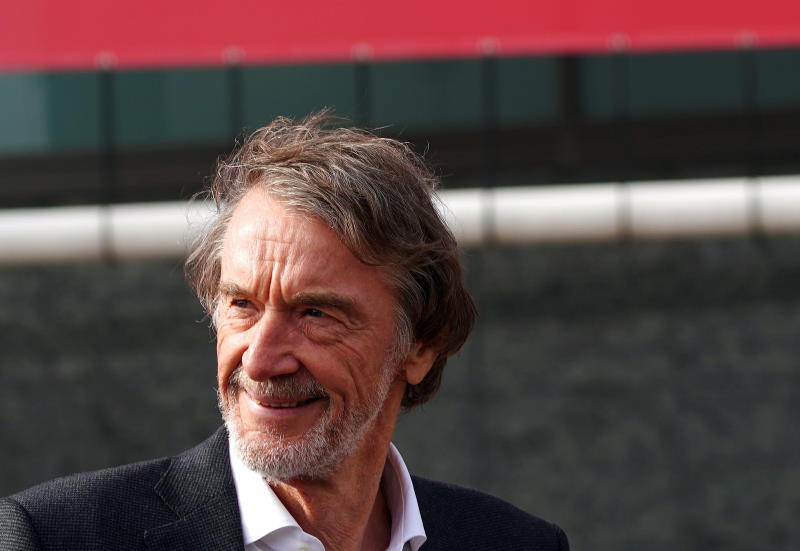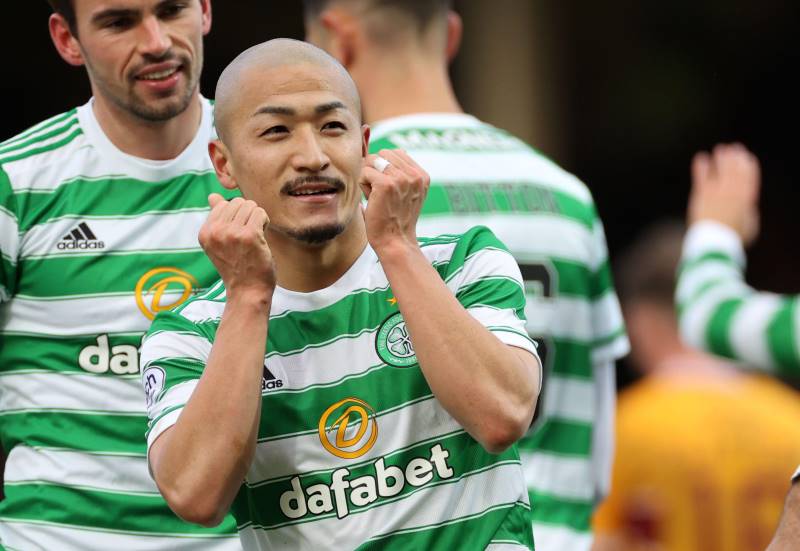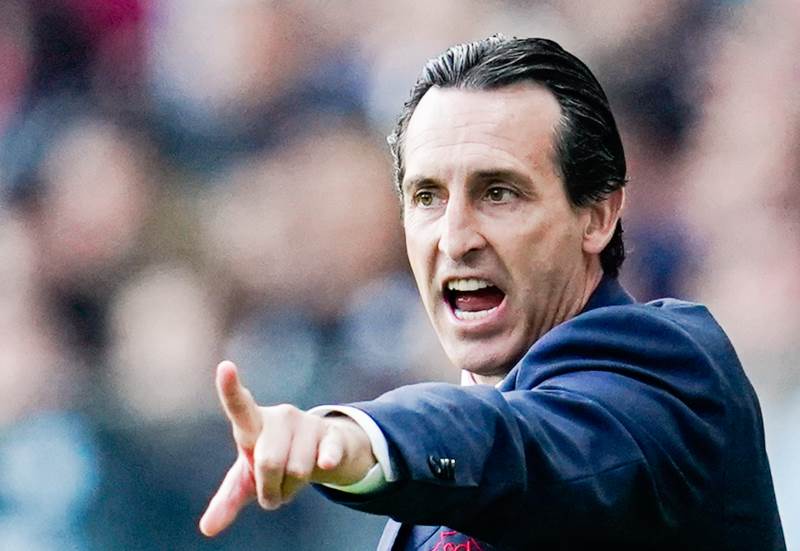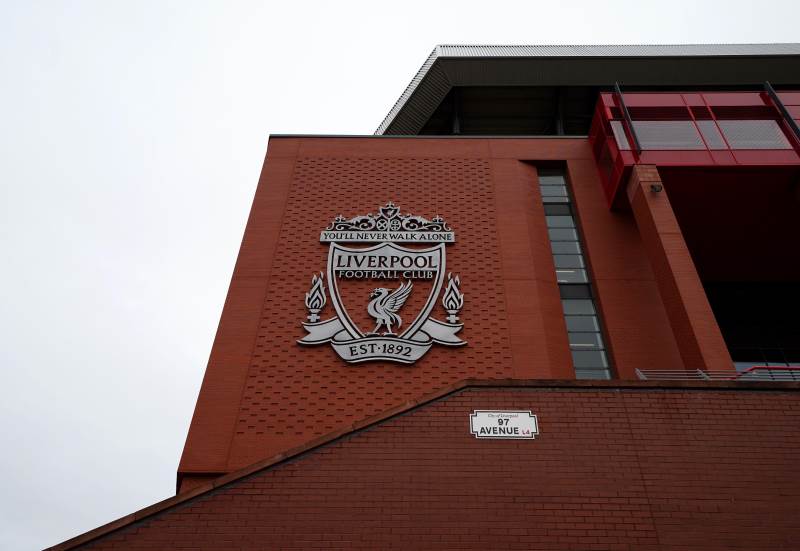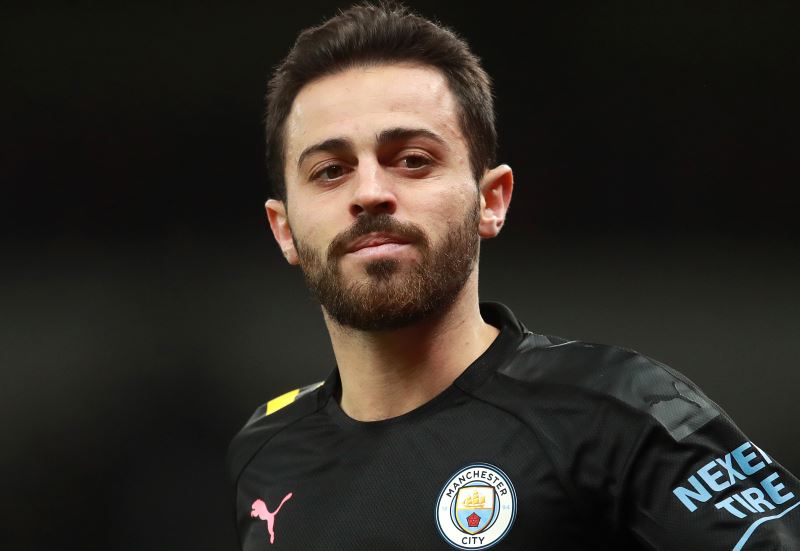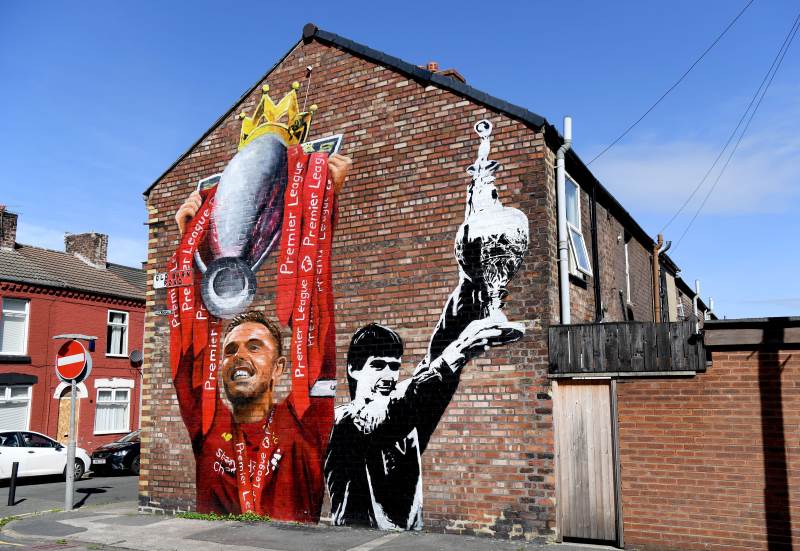
Football has always been a sport with a rather conservative attitude to change, perhaps symbolised most of all by the reluctance of the game's governing bodies to accept the use of new technology. However, there was one authority which took a rather cavalier approach to reforming the beautiful game, tinkering, tampering and reshaping football to suit their own ends. In their own way, they revolutionised football in their country, and the legacy of their reforms lasts to this day. The authority in question is none other than the Vichy government which ruled France between 1940 and 1944. While having nominal control of all France, Vichy governed a region in the south in collaboration with Nazi Germany, who had occupied the north of the country during the Second World War.
Vichy changed sport in general, not just football. The regime soon established a sports commission upon taking power in a sign of how seriously they viewed this aspect of French society. The authorities moved quickly, making tennis and wrestling amateur sports immediately, and also banned the new version of rugby known as rugby league, which making waves through England and had started to become popular in France. Ironically, the weakening of national sports was part of Vichy's drive to improve the physical and mental fitness of the nation. For all that other sports were touched however, few were altered as much as football during France's period under the Marshal Petain-led government.
One of the most striking and longest lasting changes Vichy made was the effective abolition of city derbies. Across the world local derbies stoke up the most passionate of games, be they the titanic Celtic vs Rangers tussles in Scotland or Boca Juniors vs River Plate clashes in Argentina; fierce city rivalries light up football's fixture lists every single season, with fans scanning each weekend with anticipation that only multiplies as match day approaches. So it is curious that the French rarely get to enjoy the fervour of the local derby in the way other countries do – and much of this is down to Vichy. The closest France has to a genuine derby is the Saint-Etienne vs Lyon clash, with the two clubs 'just' 50 kilometres apart, only just a longer distance than that separating Liverpool and Manchester United.
Since the Vichy regime fell as Nazi Germany was pushed out of France, derbies have not come back to prominence, in part because many teams are funded by local authorities. As such, it is financially difficult for two teams or more from the same area to compete at the highest level. Football under Vichy during the Second World War was more flexible than that which took place in the occupied territory to the north, and the government dismantled the professional league in 1943, creating a new national league in its place with just one team from each region. The club winning the southern league would play the winner of the league in the occupied north in the Coupe Charles Simon – a game between the 'free' and 'occupied'. A number of teams therefore merged during the war, most notably Bordeaux and AS Port, and Lille with nearby SC Fives.
Vichy also had an impact on the game in a number of other ways. Through its sports commission, Vichy forced footballers to practise a second trade, and in doing so dealt a significant blow to the professional game, rendering it, at a stroke, obsolete. The regime believed that reducing the standard of football to amateur levels would encourage more people to participate in the sport, thus improving the fitness of the country as a whole, one of their key stated objectives. Teams were forced to field at least four amateurs and the clubs themselves were banned from holding professional status, with professional footballers becoming civil servants under the Vichy reforms.
While Vichy were keen to improve the health of the nation by imposing this change on football however, it also meant the quality of the French game suffered badly, and nowhere was this more evident than through the fare being served up on the pitch – Olympique Marseille crushed Avignon 20-2 in one particularly futile contest. Jean Borotra, France's High Commissioner for Sports enjoyed his brief during the war, pondering more reforms to transform the game – another bizarre change Borotra made was to shorten the length of matches to 80 minutes. His meddling did not last too long however, the sports chief was arrested in 1942 by the German Gestapo and sent to a concentration camp, though he managed to survive the war.
His successor Joseph Pascot was equally radical. If shortening the length of matches was draconian, it was nothing compared to Pascot's decision to abolish the transfer system altogether, thus weakening the ability of teams to horde the country's best players. Pascot left his own controversial legacy after the 1943 Coupe Charles Simon final between Marseille and Bordeaux, which finished 2-2. Marseille complained about the late registration of a Bordeaux star, and Pascot ruled that the game should be replayed, despite the French Football Federation ruling in Bordeaux's favour. Marseille won the replay, but Pascot had disenfranchised the organisation which had previously controlled football in the country, and in doing so, undermined the position of the legendary Jules Rimet, who ultimately resigned in 1946. Though the end of the war brought a close to the constant impositions from Vichy, French football was permanently scarred and changed, with local derbies becoming an anomaly in subsequent years. The game Vichy left behind was in a state of flux and chaos.
At the conclusion of the Second World War, the French reverted to their 1942/43 format, with two leagues, one in the North and one in the South, with the winners of each competition playing against each other for the Ligue 1 title. French football would witness a golden age within a generation of the end of the war, but for a few years, Vichy had a significant impact on the game, with its consequences lasting to this day.


